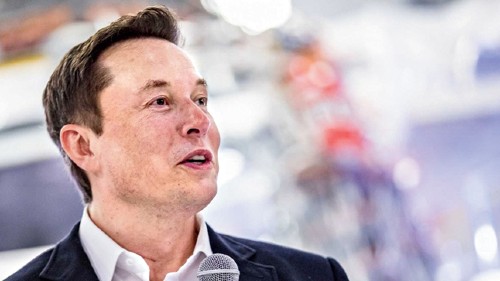In a world with shortening attention spans, 280 characters are often worth more than 1,000 words. The decision by Twitter’s board to sell the company to Elon Musk gives the world’s richest man a chance to take control of a platform that in recent years has played a central role in setting political narratives around the world. If shareholders of the company agree, the $44 billion cheque that Mr Musk — the CEO of the electric vehicle manufacturer, Tesla — is offering could turn Twitter into a private corporation from a publicly listed firm. As is common with billionaires, Mr Musk has pitched his purchase as a social good: unhappy with some of the content regulation on the social media platform, the maverick innovator has promised to roll back restrictions and ensure free speech. He has said that he also wants to eliminate bots from the platform by authenticating all accounts. But it is unclear whether Mr Musk’s notion of free speech will include a tolerance for deliberate misinformation and provocative posts promoting violence. And how will Mr Musk balance the twin needs of transparency and privacy of vulnerable individuals in tackling anonymous accounts?
Yet, even as the answers to these questions could shape a broader debate about the future of online content moderation, the latest billionaire acquisition of a company at the intersection of tech and media raises deeper concerns. If Mr Musk joins the club, five of the world’s 25 richest people will be owners of or major stakeholders in social media firms. The others include Larry Page and Sergey Brin of Google (which owns YouTube), Mark Zuckerberg of Facebook, and Zhang Yiming of TikTok. Additionally, the wealthiest 25 include tech and media barons such as Jeff Bezos (Amazon and The Washington Post) and Michael Bloomberg, who owns the eponymous business news and software firm. That a handful of individuals control most major avenues through which the modern world accesses information is in itself bad for free speech and democracy. When billionaire owners also have conflicts of interest, the cause for worry is even greater. Will Mr Musk risk Tesla’s market in China or India by taking on government censorship, for instance? What if proprietors use data collected from their social media platforms to target unsuspecting customers in their other businesses? Tech titans often carry a misplaced confidence that they can solve any problem. In reality, their overreach itself is the problem at times.











